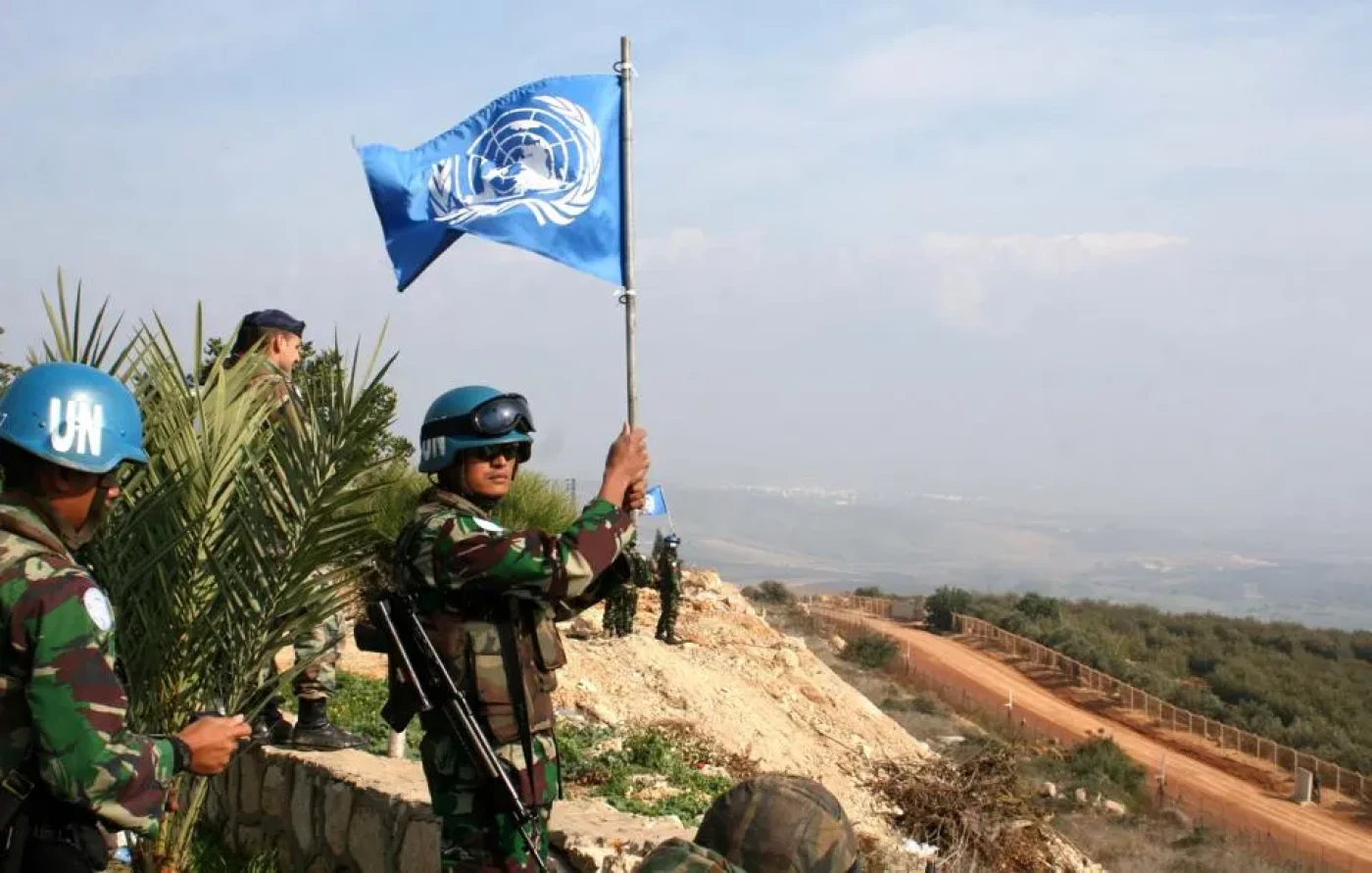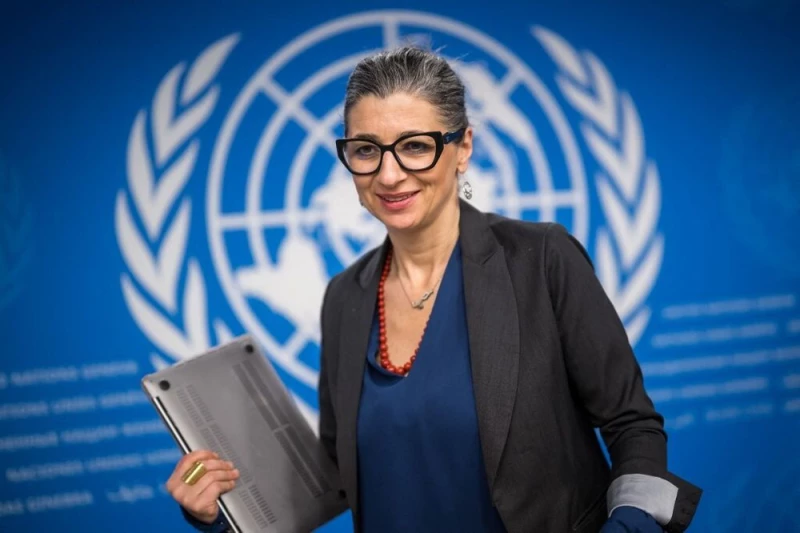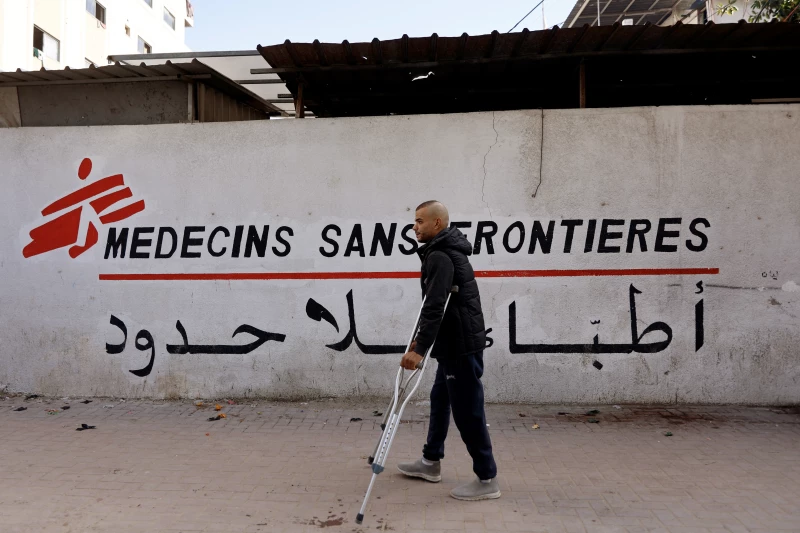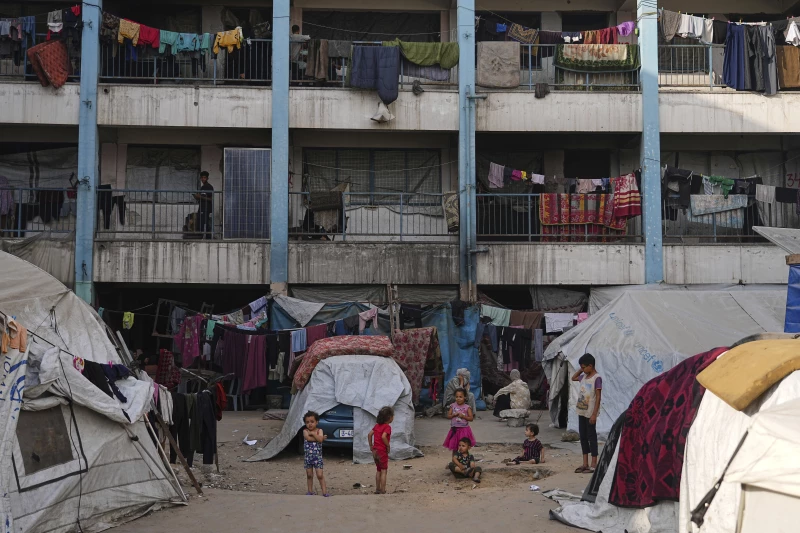The United Nations Truce Supervision Organization (UNTSO) did not identify the source of the shelling but Lebanon's official National News Agency blamed Israel.
"This morning four UNTSO military observers on a foot patrol along the Blue Line (demarcating the border with Israel) were injured when a shell exploded near their location," UNTSO said.
"The targeting of peacekeepers is unacceptable," it said in a statement, adding that they were taken to hospital for treatment and an investigation launched into the origin of the explosion.
"All actors have a responsibility under international humanitarian law to avoid targeting non-combatants, including peacekeepers, journalists, medical personnel, and civilians.
"We repeat our call for all actors to cease the current heavy exchanges of fire before more people are unnecessarily hurt," UNTSO said.
Israel has exchanged near-daily cross-border fire with Iran-backed Hezbollah since the war with Palestinian militant group Hamas in the Gaza Strip began on October 7 when Hamas attacked Israel.
Hezbollah, which has a powerful arsenal of rockets and missiles, says its attacks on Israel are in support of Hamas.
Lebanon's state-run National News Agency said "enemy" aircraft raided the Rmeish area in southern Lebanon where the UNTSO observers were wounded.
Lebanese Prime Minister Najib Mikati in a statement condemned what he called a "dangerous incident".
Cross-border fire since October has killed at least 347 people in Lebanon, mostly Hezbollah fighters, but also at least 68 civilians, according to an AFP tally.
The fighting has displaced tens of thousands of people in southern Lebanon and in northern Israel, where the military says 10 soldiers and eight civilians have been killed.
An uptick in deadly exchanges in recent days has sparked further concerns of an all-out conflict between Israel and Hezbollah, who last fought a war in 2006.
UNTSO was set up in 1948 following the creation of Israel as a peacekeeping mission to monitor ceasefires and armistice agreements between Israel and Arab countries such as Lebanon.
It also assists other UN peacekeeping operations in the region, including the UNIFIL peacekeeping force tasked with monitoring the Israeli-Lebanese border area.



 Facebook
Facebook
 LinkedIn
LinkedIn
 Telegram
Telegram
 X
X


